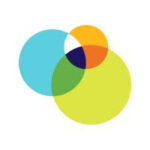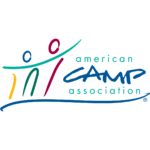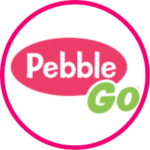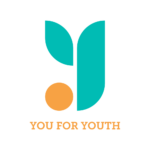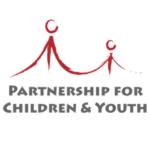Other
- Camps (25)
- College Prep (43)
- College Scholarships (21)
- Faith-based Programming (28)
- Financial Aid (31)
- Leadership (28)
- Military (24)
- Summer Programs (61)
- Transitional Kindergarten (9)
- Youth Development (25)
- Youth Employment (10)
This resource provided by the ACLU gives guidance to knowing your rights when questioned by law enforcement agencies and authorities. A copy of “My Rights Card” is available in this resource for use if needed. This resource is prepared in English.
The Southern Poverty Law Center (SPLC) engages audiences in a community education program, Learning for Justice. This resource provides educators with free resources to encourage youth civic participation as well as to learn honest history, promote servant leadership, and move toward a racially and socially just society.
This collection of resources has been curated by SPLC to offer lessons for elementary and middle school classrooms that focus on elections and voting.
Gratitude is a disposition or mood that enables people to responds positively for the benefits they receive from people, nature, or a moment of peaceful bliss. Past research has recognized gratitude as one of the most important virtues a person can have. It has been demonstrated that there are psychological, interpersonal, personality, and physical benefits to being grateful.
Only recently has present research begun to actively explore gratitude in children and adolescents. Recent research with children and adolescents shows the benefits of gratitude on youth are very similar to that of adults. Specifically, grateful youth are more optimistic, have a better life and school satisfaction, engage in more prosocial behavior, and experience fewer negative emotions. Hence, gratitude has the potential to promote psychological well-being and positive adjustment in youth.
Learning to Give has created a toolkit that offers resources for educators to create meaningful voting and civic participation lessons for students. The toolkit guides participants to investigate issues surrounding engagement and includes definitions, key questions, lessons, activities, and community resources while offering project ideas/guides to service-learning.
Additional resources for literature guides are suggested for further reading.
This Changemaking Manual, created by Peace First, provides youth with a simple step-by-step guide to move through change processes within their communities. Resources also provided by Peace First include “The 3 Cs of Changemaking: Courage, Compassion, and Collaboration”, a resource that helps young leaders develop their personal self-awareness and values.
IDEAS Empowered by Youth® PBL Curricula is a pioneering approach to youth education, ideally tailored for today’s rapidly evolving, technologically-driven, and globally connected world. The Curriculum Fundamental Training prepares educators to present PBL curricula for students. By preparing educators to instill a culture of self-directed learning, it emphasizes crucial skills that today’s youth require: effective communication, collaborative learning, creativity, critical thinking, and emotional intelligence.
Safety on college campuses are essential to student well-being, particularly for students who identify as LGBTQ+. This resource, provided by College Educated, is designed to support students, parents, teachers, and campus professionals with a guide to navigate challenges faced while participating on a college campus.
The hope of this guide is to provide a resource that supports the LGBTQ student, parents, teachers and campus professionals to increase understanding, provide resources and education and hopefully help make connections that will keep an LGBTQ in college and successful as they transition to the workplace.
MOST’s College and Career Readiness Toolkit is a comprehensive guide to help middle and high school out-of-school-time programs get laser focused on building 21st century skills and supporting young people as they navigate through the complex world of planning for their advanced education and careers.
Check back for free and low cost professional development resources including videos, online courses and opportunities for live virtual training.
Facilitation can be challenging to teach, but when your counselors “get it,” the results are phenomenal. Check out these training tools, with exercises in facilitation, staff schedules, expectations, and examples, and consider if they have a place in your staff training.
A large assortment of free downloadable summer activities for youth programs, including animals, science, social studies, health, biographies, and more.
Summer Learning Initiative Tools and Webinars from You for Youth – Here you’ll find all the tools you need for developing your Summer Learning Program. Please be sure to visit the corresponding step along the path!
CREATING A PROGRAM TEAM
CONDUCTING YOUR NEEDS ASSESSMENT
WRITING SMART GOALS
DETERMINING LOGISTICS
INTENTIONAL ACTIVITY DESIGN
INTENTIONAL STUDENT RECRUITMENT
CONTINUOUS IMPROVEMENT
ADDITIONAL TOOLS
These videos include key practices, recommendations, and program models for school district and community-based providers looking for guidance on planning fun, engaging, and collaborative summer learning programs. These are all highlights from PCY’s 2021, 2022, and 2023 Summer Game Plan webinar series.
-Relationships Are Keys to Success
-Short Timelines Planning and Changing Models
-Program Planning, Partnership, and Co-Design
-Summer Staffing Solutions
-Effectively Managing Site Operations
-Program Scheduling
-Daily Operations: Tips and Recommendations






